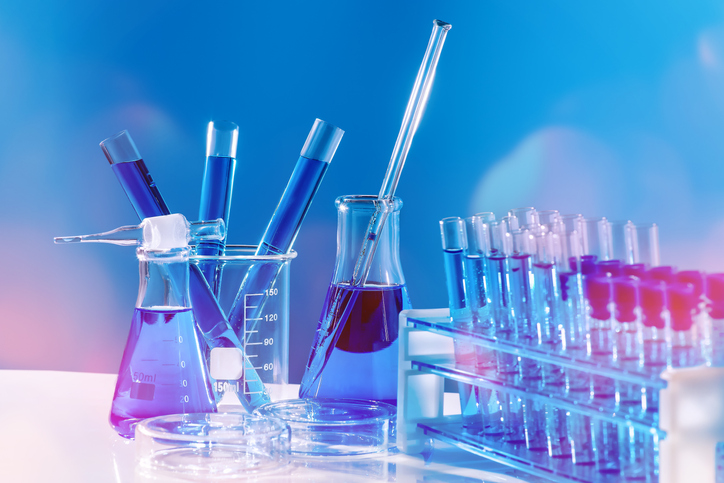Essential Compounding Supplies Explained: Plugs, Rounds, and More
Posted by Total Pharmacy Supply on Feb 15th 2023

If you are new to the pharmacy industry, you may have heard some of the terms used when discussing compounding medications. In this blog post, we will define some of these essential terms and explain what they mean for pharmacists and pharmacy technicians who are new to compounding or ordering compounding supplies.
Plugs — Plugs are small pieces of material that are used to line the inside of a container or syringe and prevent active ingredients from being mixed into other compounds or to protect its contents from contamination. Plugs can also be used to prepare multiple concentrations in one container for compounding, as well as for dissolving drugs in a liquid form. One type of helpful compounding plug are bottle adapter plugs which are used to convert a standard prescription or manufacturer's bottle into a filling device
Boston Rounds — Boston Rounds are a type of bottle used for compounding. They are typically made of borosilicate glass and are designed with rounded shoulders that make them easy to carry and transport from one area to another. These bottles also come in a range of sizes, so pharmacists can choose the appropriate size for their compound. They can also be paired with a variety of closures, including dropper assemblies for administration or phenolic caps for storage.
Graduated Cylinders — Graduated cylinders are used to measure liquids with accuracy. They come in a variety of sizes and are usually made of glass or plastic. The graduations on the side allow for precise measurements, making them essential when compounding liquid-based medications.
Capsules — Capsules are small containers made of hard gelatin. They are often used to store powders and can also be filled with liquids or semi-solid substances.
Tablets — Tablets are small solid doses of medication that contain an active ingredient and binders that help hold the medication in its shape. They are often used for compounding medications into a pill form, as well as for adding flavorings and sweeteners to drugs.
Stopcocks — Stopcocks are valves that control the flow of liquids or gases within a system. They are commonly used in compounding to stop and start the flow of liquid from one container to another.
Mortar & Pestles — Mortars and pestles are used to grind, mix, and crush ingredients. They typically come in two pieces, a deep cup or bowl called the mortar which holds the material being ground, and a rounded end tool called the pestle which is used for grinding.
Peg Boards — Peg boards are commonly used in compounding pharmacies to hold bottles, jars, components, and other items. These boards come with several pegs that can be used to organize and store items in an efficient manner.
These are just a sampling of the basic supplies used in compounding medications. As you become more experienced in pharmacy compounding, you may find yourself needing other specialized equipment or tools to help get the job done.
We hope this overview of essential compounding supplies has been helpful! Pharmacists and technicians should familiarize themselves with these items so they can be prepared when ordering supplies or concocting compounds.
For more information on compounding supplies, reach out to Total Pharmacy Supply.
